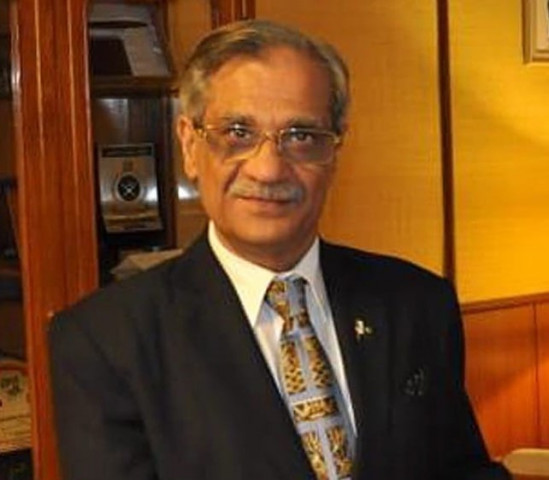Regulating private education: Federal ombudsman-led panel to review fees, education policy
Top court asks FBR to provide records of taxes paid by private institutions, accounts of schools to be audited

Chief Justice of Pakistan Mian Saqib Nisar. PHOTO:ONLINE
The federal ombudsman will head the committee which will include representatives from the private educational institutions and parents.
This was directed by a three-member bench of the Supreme Court led by Chief Justice Saqib Nisar while hearing a case against excessive fees charged by private schools.
The court has also directed the Federal Board of Revenue (FBR) to furnish records of the tax paid by private educational institutions.
The private educational institutions were directed to present records of their accounts for a forensic audit.
While hearing the case the top jurist remarked that private schools were charging fees per their own whims and wishes, adding that education is not a product which can be put up for sale.
“We studied in schools with broken chairs and sat on empty sacks,” CJP Nisar said.
Noting that some schools were charging between Rs50,000 to Rs100,000 as fees, he said that schools want to charge fees per their wishes and not to be questioned.
The CJP further said that teachers and schools should charge such fees which parents can afford.
A lawyer representing private schools argued that private schools can be regulated by the respective provincial regulatory body.
At this, the CJP remarked that all schools should provide their fee structures and that now the court will determine their fees.
Justice Ijazul Hasan remarked that private schools are turning into industries where people invest in educational institutions to earn money.
Who should charge how much fees will be determined but the question is that what will be the basic fees and the annual fee increase.
During the hearing, a lawyer representing the parents suggested that a forensic audit should be conducted of the big schools which will lay bare who is earning how much.
Sindh Advocate General appeared before the court and said that one school charges Rs3,000 as fees while another charges Rs100,000 and that both educational institutions want to increase their fees.
At this, the CJP remarked that they will provide a guideline per which the regulatory bodies can determine the basic fees for schools and then determine the increase in fees.
However, the court noted that they cannot set the same fee for every class or category hence different fees will be fixed for every school.
Private schools will neither be closed down nor will they be nationalized, but they should provide details of their accounts so that appropriate fees structures can be determined, he said.
Expressing concerns over drugs being sold in large educational institutions, the CJP contended that staff at these schools were involved in selling narcotics.
He added that a crackdown will be launched against educational institutions where drugs were being sold.
The case was then adjourned.
Published in The Express Tribune, October 17th, 2018.



















COMMENTS
Comments are moderated and generally will be posted if they are on-topic and not abusive.
For more information, please see our Comments FAQ